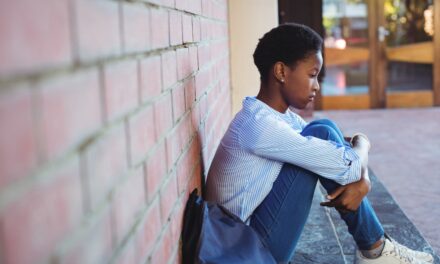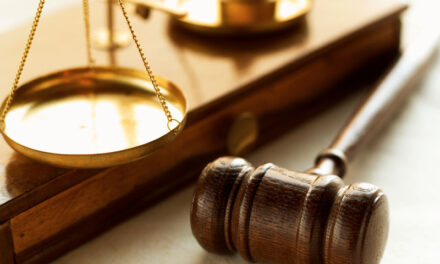
Seattle, WA–More than 460,000 counterfeit 3M N95 surgical masks destined to be used by first responders in the Puget Sound region were seized Wednesday by Homeland Security Investigations’ Border Enforcement Security Task Force, U.S. Customs, and Border Protection, and the FBI.
The seizure of the counterfeit surgical masks not only ensures the health and safety of frontline health care workers by preventing them from receiving inferior personal protective equipment, it also protects the integrity of the American economy, federal authorities said in a news release.
Homeland Security special agents determined the masks were counterfeit after working with the National Intellectual Property Rights Coordination Center and 3M Company.
“Counterfeit surgical masks are a serious threat to the front-line personnel who rely on them as they bravely combat this pandemic. Ensuring the integrity of the PPE supply chain is of utmost importance,” said Special Agent in Charge Robert Hammer, who oversees Homeland Security Investigations operations in the Pacific Northwest. “Homeland Security Investigations Seattle is actively engaging with our law enforcement partners to combat the trafficking of counterfeit PPE.
The counterfeit 3M N95 surgical mask seizure has a manufacturer’s recommended retail price of approximately $587,000. However, there are reported instances where victim organizations have paid high dollar amounts in excess of the retail price to secure masks and other forms of PPE.
Border Enforcement Security Task Force identified seven potential victim organizations that purchased the counterfeit 3M masks. Notifications have been made to all potential victim organizations to prevent counterfeit PPE from being distributed to frontline workers.
“Criminal organizations are exploiting the COVID-19 pandemic by selling counterfeit personal protective equipment to unsuspecting American consumers,” said Brian Humphrey, Director of Field Operations for CBP in Seattle. “In conjunction with our law enforcement partners, the vigilant men and women of CBP are working 24 hours a day, 7 days a week to keep these unlawful and unsafe products out of our nation’s hospitals and homes.”
Potential criminal violations range from smuggling, trafficking in counterfeit goods, wire fraud, money laundering, theft or fraud in connection with government programs and price gouging.
In the last several weeks, Homeland Security Investigations has conducted enforcement actions across the country that have resulted in the seizure of almost 10 million counterfeit 3M N95 respirators.
Since many of the counterfeit masks are produced abroad, Homeland Security Investigations is also working closely with its international law enforcement partners around the world to pursue leads into sources of supply and prevent shipments of counterfeit products from reaching U.S. shores.
Initial leads came to the Homeland Security Investigations-led National Intellectual Property Rights Coordination Center through 3M, which shared reports of suspected counterfeits being purchased by hospitals and government organizations. Homeland Security Investigations mobilized quickly, initiating multi-state investigations into the individuals and organizations looking to profit from the sale and distribution of counterfeit N95 respirators.
At the same time, Homeland Security Investigations and 3M notified about 6,000 suspected victims of the fraud, in at least 12 states, including hospitals, medical facilities and others who may have purchased medical masks from the illicit dealers, urging them to immediately stop using the masks and to contact Homeland Security Investigations immediately.
Since December of 2020, Homeland Security Investigations has initiated over a dozen criminal investigations, across the U.S. and overseas, based on information received from 3M, about millions of counterfeit N95 respirator masks being sold to medical facilities and government agencies for use by hospital workers, first responders and others all over the country. The Cleveland Clinic and Washington State Hospital Association are just two of the many organizations that have reported receiving counterfeit respirators.



